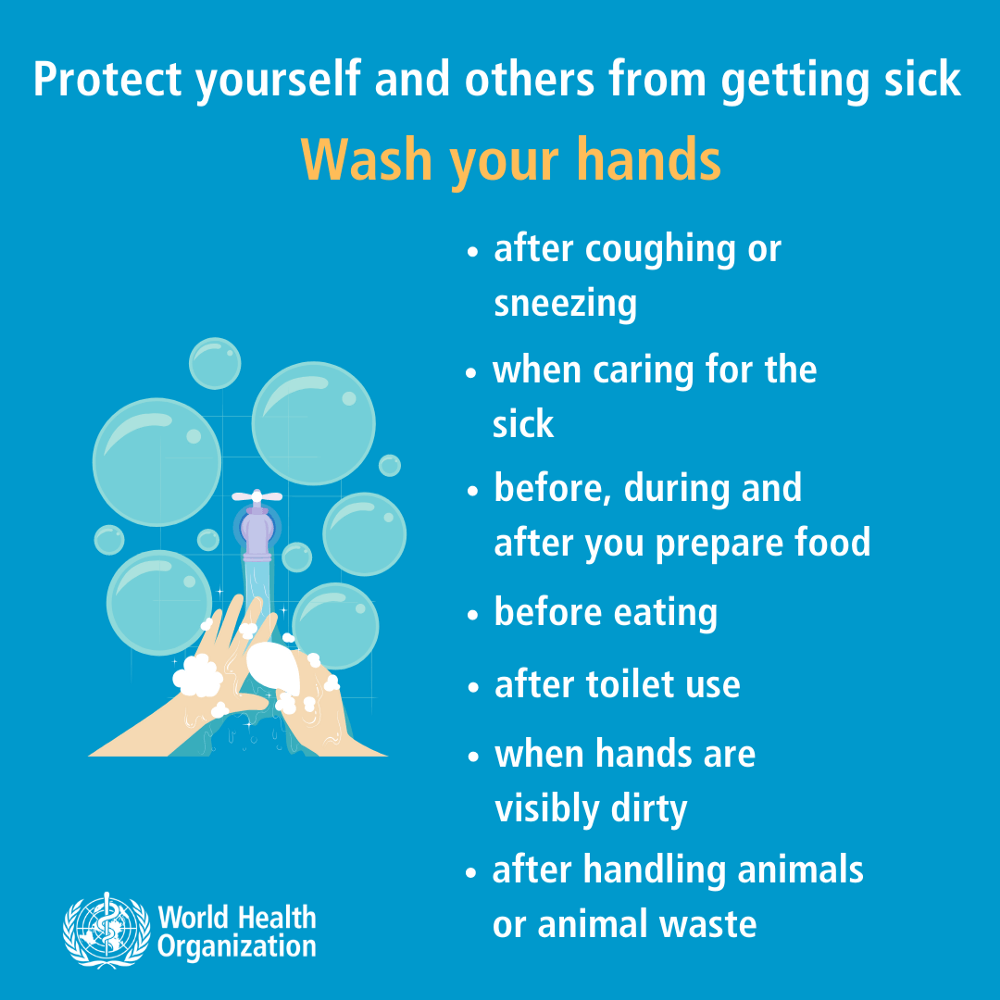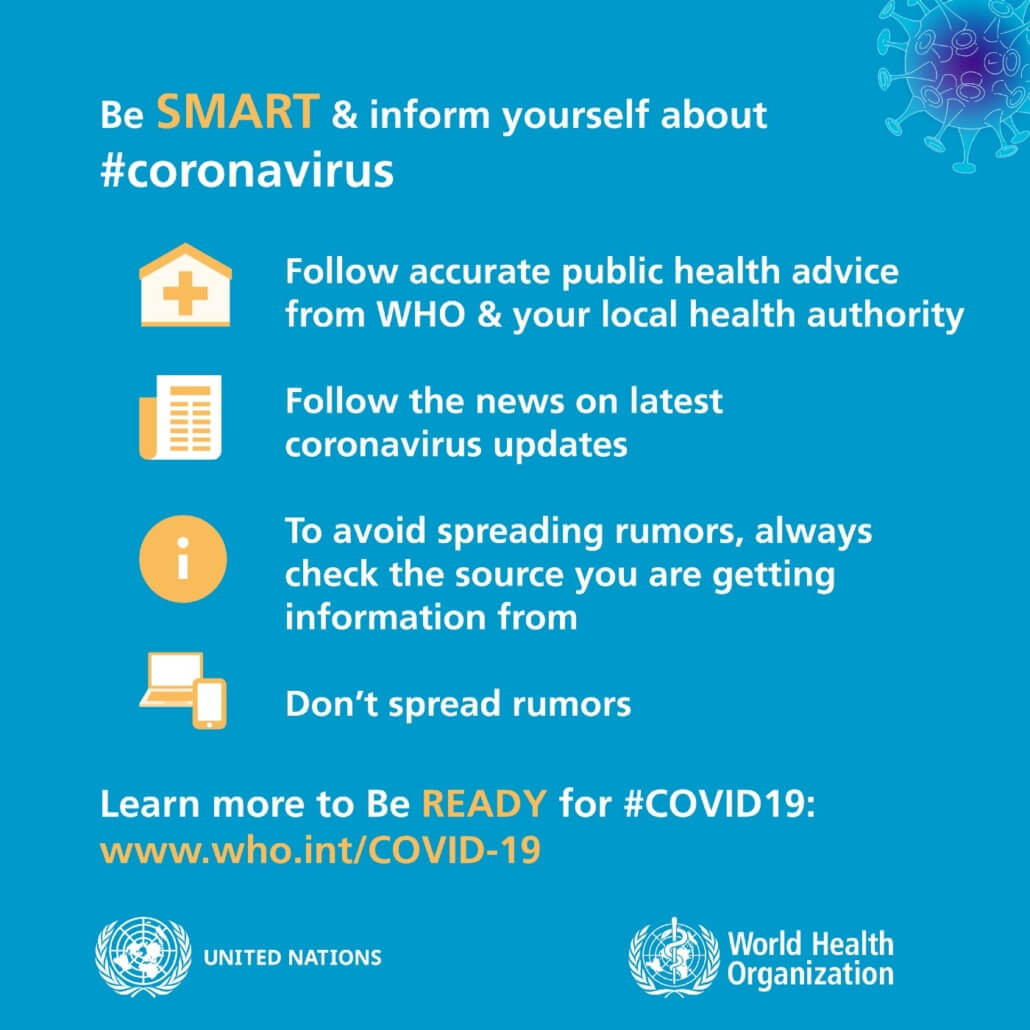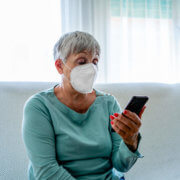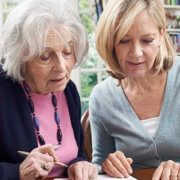COVID-19: What Older Adults Need to Know
The situation around the novel coronavirus (COVID-19) is changing rapidly. As we come together as a society to try to stop the spread, we at Assured Allies want to do what we can to help ensure the health and safety of the public, especially those at increased risk.
According to The Centers for Disease Control and Prevention (CDC), older adults and people who have serious chronic medical conditions like heart disease, diabetes, and lung disease have a higher risk of experiencing severe symptoms of COVID-19.
There is a lot of information out there about COVID-19, and it can be difficult to determine what is reliable and what is not. Below, we want to share with you the latest resources and information for older adults and their caregivers, from sources we trust. We will continue updating this information as things continue to develop.
Coronavirus: What you need to know
The websites for The Centers for Disease Control and Prevention, the World Health Organization, and your state health department contain the most up-to-date and comprehensive information about COVID-19.
This page from the CDC provides specific information for older adults and other high risk individuals. The CDC recommends that older adults:

- Take actions to reduce your risk of getting sick, like maintaining distance between yourself and others, washing your hands often, avoiding crowds, avoiding cruise and air travel, and staying home as much as possible.
- Have supplies on hand, including extra prescription medications, over-the-counter medications and medical supplies, and household items and groceries, in case you need to stay home for an extended period of time.
- Take everyday precautions, like avoiding people who are sick, washing your hands frequently, not touching your face, avoiding travel, avoiding crowds, cleaning and disinfecting your home (especially frequently touched surfaces), and avoiding touching high-touch surfaces in public places (like elevator buttons, handrails, and door handles).
Symptoms
Watch for symptoms and warning signs of COVID-19. Symptoms include: fever, cough, and shortness of breath. If you feel you are developing symptoms, call your doctor before seeking medical treatment, UNLESS you are experiencing emergency warning signs, which may include: difficulty breathing or shortness of breath, persistent pain or pressure in the chest, new confusion or inability to arouse, and bluish lips or face. If you experience any of these emergency warning signs, you should seek medical help immediately.
Jay Butler, Deputy Director for Infectious Diseases at CDC, describes preventative measures to help protect older adults from COVID-19. Source: CDC
Other tips for seniors
- Use mail-order pharmacies: Consider using mail delivery for prescriptions so you don’t have to go out to the pharmacy. Your current pharmacy should be able to help you figure out how to set up a delivery service.
- Ask for help: Reach out to family, friends, or neighbors for assistance with getting things like groceries, meals, and household essentials.
- Stay connected: Social isolation is a risk for seniors when we are not in the midst of a pandemic. Make an effort to stay socially connected during this stressful time by making phone and/or video calls to friends and family. Stay physically and mentally active by going for a walk, doing yard work, taking an online class, doing an online workout, reading, doing puzzles, etc.
- Consider delivery options: Although online delivery is in high demand, consider trying to order groceries and other items online. Many restaurants are also offering free delivery during this time, and may offer discounts for older adults.
- Use local resources: Find out what’s available in your community. Many communities are taking steps to help those most at risk. Some grocery stores are opening early for seniors. Volunteers and food pantries may also be available to drop off items or run errands.

Ideas for how to support older adults in your lives and community:
As we all work to practice social distancing it is critical to ensure that we continue to provide the care and support needed for older adults in our own families and communities. While it may not be best to physically be together with at risk older adults, there are things all can to help:
- Daily check-ins: A quick call to an aging parent, grandparent, relative, or neighbor to see how they are doing can go a long way. For those with young children, using technology like FaceTime, email, text messages, or even sending a photo or video of your kids can go a long way to put a smile on someone’s face.
- Offer to help: Even if someone says they are ok, a simple offer to help set up online groceries, or a quick run to the pharmacy will help remind people in your lives that you are here for them.
- Familiarize yourself with guidelines and follow them: Younger people with coronavirus might experience no symptoms or mild symptoms, and be unaware that they are spreading the disease to vulnerable individuals. One of the simplest ways to help stop the spread of COVID-19 is to stay home. Make sure you read and follow the CDC’s guidelines for protecting yourself and others. If you do decide to visit older loved ones, make sure you wash your hands when you arrive, and limit physical contact. If you are feeling even the slightest bit sick, stay home!
COVID-19 Resources for Older Adults:
We will continue to update this list of resources as we identify new materials that we believe are of value. If you have other resources to share, please let us know.
Centers for Disease Control and Prevention (CDC)
- People at Risk for Serious Illness from COVID-19
- Resources for Home: Plan, Prepare, and Respond to Coronavirus Disease 2019
- Frequently asked questions
Administration for Community Living (ACL)
National Foundation for Infectious Diseases
AARP
Kaiser Health News
Next Avenue (PBS’ Online News Platform for Older Adults)
Alzheimer’s Association









